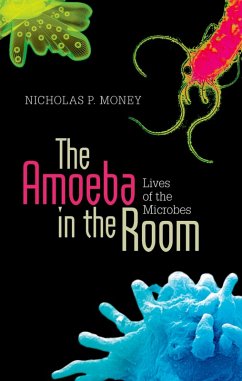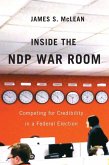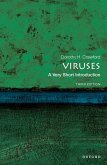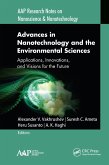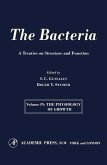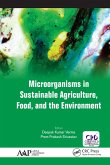Animals and plants rule the world - or do they? A cup of seawater contains 100 million cells which are preyed upon by billions of viruses; a pinch of soil swarms with cryptic microbes whose activities are a mystery; 50 million tons of fungal spores are released into the atmosphere every year and affect the weather; and, human beings are mobile ecosystems that farm, and are farmed by, vast populations of bacteria and viruses involved with almost every aspect of our wellbeing. These are the vast, unnoticed, unmentioned 'elephants in the room' of planet earth. The more we learn about microbial biodiversity, the less important do animals and plants become in our understanding life on earth. The flowering of microbial science is revolutionizing biology and medicine in ways unimagined even a decade or two ago, and is inspiring a new view of what it means to be human. Nicholas P. money explores the extraordinary breadth of the microbial world and the vast swathes of biological diversity that are now becoming recognized using molecular methods. Money argues for nothing less than a revolution in our perception of the living world: the big lumbering forms we see are just froth on a vast ocean of single-celled protists, bacteria, and viruses that constitute most of life on earth.
Dieser Download kann aus rechtlichen Gründen nur mit Rechnungsadresse in A, B, BG, CY, CZ, D, DK, EW, E, FIN, F, GR, HR, H, IRL, I, LT, L, LR, M, NL, PL, P, R, S, SLO, SK ausgeliefert werden.

